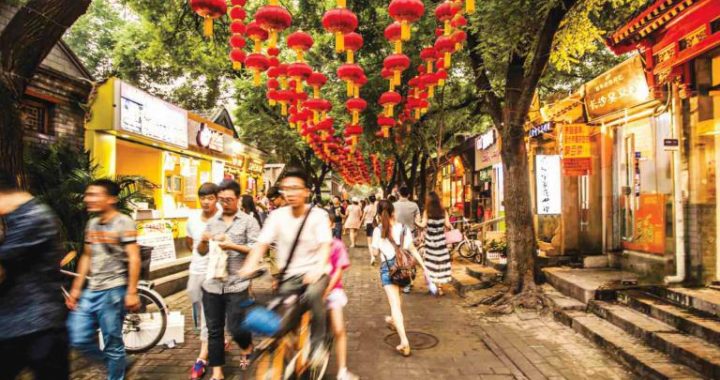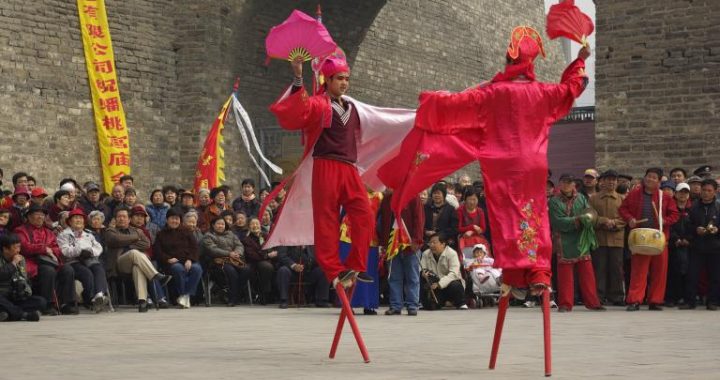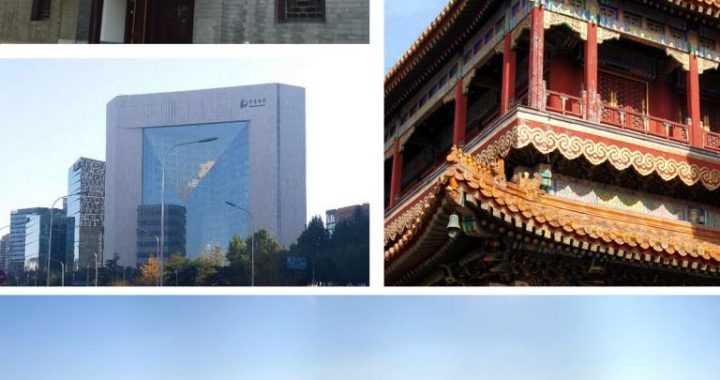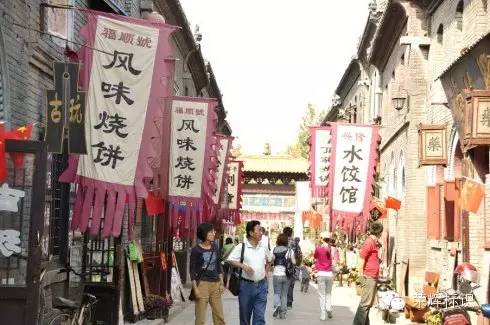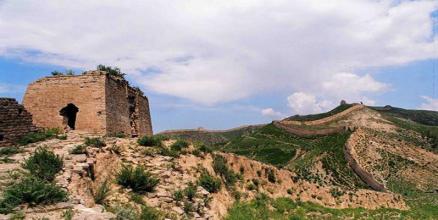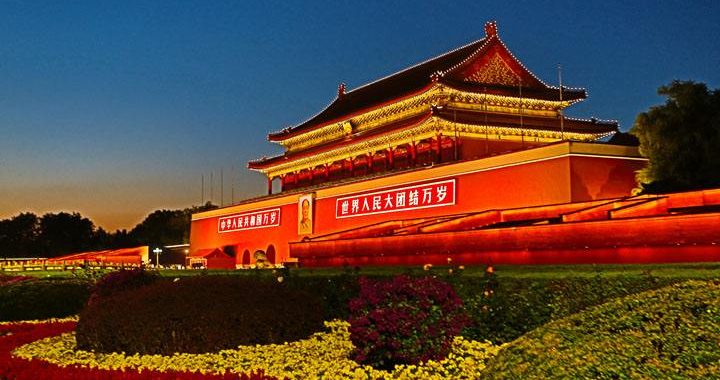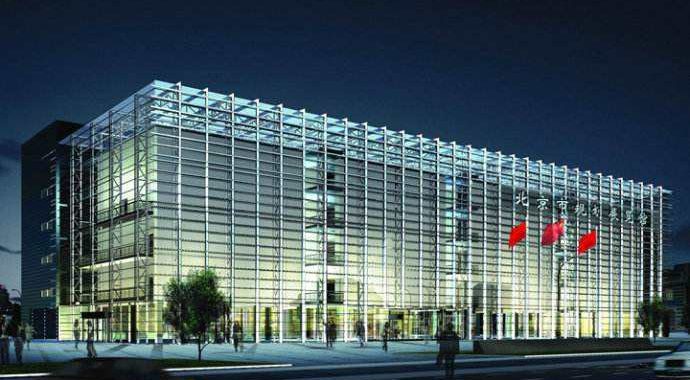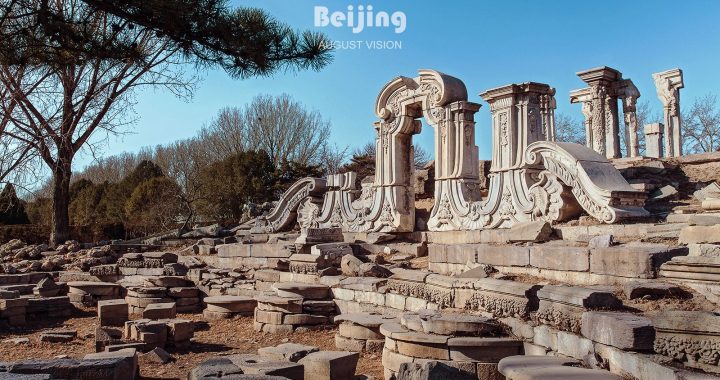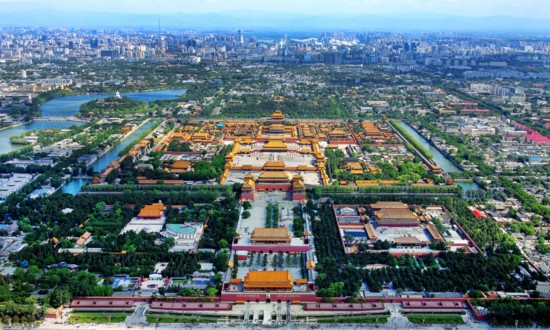Qing Dynasty
2 min readOn May 3,1644 the Manchus seized Beijing in the name of freeing the city from the bandit Li Zicheng.Dorgon held a state funeral for Ming Emperor Chongzhen and reappointed many Ming officials.In October,he moved the boy emperor Shunzhi from the old capital Shenyang into the Forbidden City and made Beijing thenew seat of the Qing Dynasty.In the following decades,the Manchus conquered the rest of the country and ruled China for nearly three centuries from the city.During this era,Beijing was also known as Jingshi which corresponded with the Manchu name Gemun Hecen.
The city’s population which had fallen to 144,000 in 1644 rebounded to 539,000in 1647(the population of the surrounding area rose from 554,000 to 1.3 million).
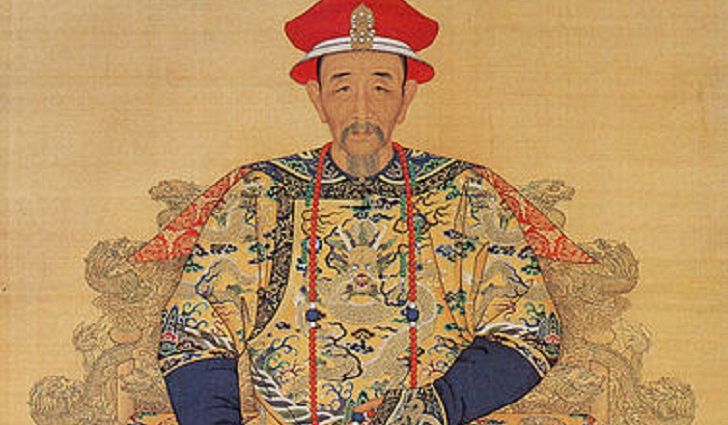
The Qing largely retained the physical configuration of Beijing inside the city walls.Each of the Eight Manchu Banners was assigned to guard the eight gates of the Inner City.Outside the city,the Qing Court seized large tracts of land for Manchu noble estates.Qing emperors built several large palatial gardens in the northwest of the city.In 1684,Kangxi Emperor built the Changchun Garden on the site of the Ming Dynasty’s Qinghua(or Tsinghua)Garden.In the early 18th century,he began building the Yuanmingyuan,also known as the“Old Summer Palace”,which the Qianlong Emperor expanded garden pavilions with European Baroque-style.In 1750,Qianlong built the Yiheyuan,commonly referred to as the”Summer Palace”.The two summer palaces represented both the culmination of Qing imperial splendor and its decline.Both were ransacked and razed by invading western powers in the late Qing.
Manchu rule of Beijing gave rise to the city’s local dialect of Mandarin Chinese which eventually became the official national language for the country.In the early Qing,Han officials serving in the imperial court were required to learn the Manchu language,but most Manchus eventually learned to speak Chinese.In 1728,the Yongzheng Emperor,who could not understand officials from southern China,decreed that all takers of the civil service examination must be able to speak Beijing Mandarin.Though the decree was eventually lifted under the Jiaqing Emperor,the Beijing dialect spread first among officials and then among commoners under subsequent regimes.
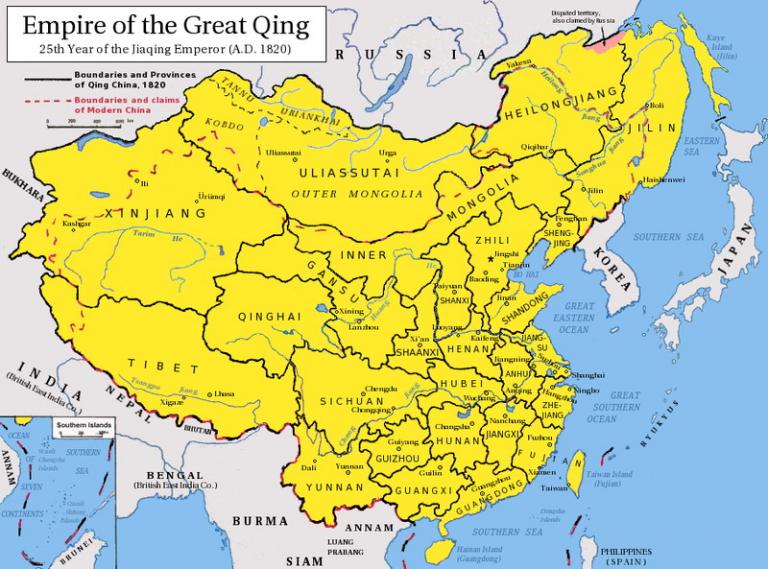
Shortly after the founding of the Republic of China,the Commission on the Unification of Pronunciation made the Beijing dialect the national standard for spoken Chinese in 1913.After the capital was moved to Nanjing,National Languages Committee reaffirmed the Beijing dialect as the standard in 1932.The People’s Republic of China followed suit in 1955.
